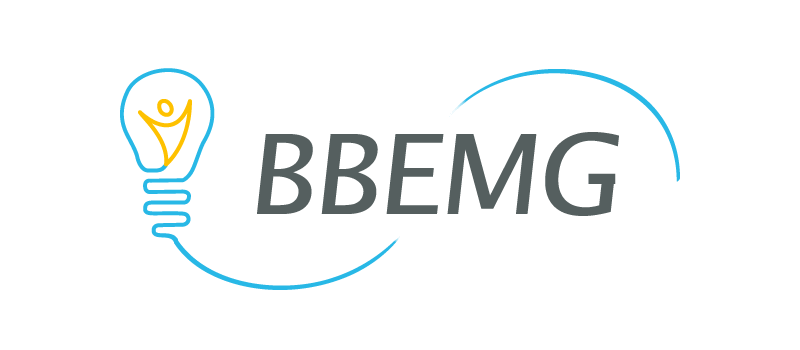ULB-Public Health (Agathe Salmon, Catherine Bouland)
Sciensano (Maryse Ledent, Ha Nguyen)
During the year 2022-2023, the data from the study ExpoHealth-1 have been reduced and mainly cleaned and are now on a good shape to go through deeper statistical analysis. The study ExpoHealth-2 was launched. It is a reproduction of the study on workers previously lead by the Sciensano team, a cytogenetic biomonitoring between a most and a less exposed group of people. 104 individuals from the first phase participated in this second one. Blood samples were collected on every participant and 74 of them also accepted to wear the measuring devices for a second time.
ULB-Public Health (Agathe Salmon, Catherine Bouland)
Sciensano (Maryse Ledent, Eva De Clercq)
During the 2021-2022 period, the ExpoHealth part of the BBEMG project was mainly dedicated to the on-going and end of the data collection. In the end, 490 inhabitants of Forest, Jette and Etterbeek were successfully recruited. They have been wearing the portable devices for 24 hours (EMDEX II or Lite for the ELF-EMF, Airbeam2 for the particulate matter, Aircasting on smartphones for the sound levels). They have also answered the questionnaire about socio-economic levels, life habits, perceived health, and perceived exposure. Finally, they filled a diary of environment during their 24-hours measurements, reporting the types of environments in which they would find themselves every 15 minutes. The data gathered are complete for 406 individuals on the total of 490 participants. The coming year will be dedicated to the cleaning and analysis of the database with the purpose of answering the main questions of the ExpoHealth project.
ULB-Public Health (Agathe Salmon, Catherine Bouland)
Sciensano (Maryse Ledent, Eva De Clercq)
The urban population is exposed to an accumulation of environmental factors, such as air pollution, noise, and electromagnetic fields. These exposures are related to the city’s activities, its supply, and the behaviours of the users of the urban area.
The study ExpoHealth is an investigation of the multiple exposures to various kinds of pollution in the general population living in the Brussels area (residential and environmental exposures to various residential and environmental nuisances). It implies (1) gathering objective data on the residential/environmental exposure to several pollutants: Extremely low-frequency electromagnetic fields, particulate matters, noise, and endocrine disrupting chemicals, (2) testing associations between the objective exposure to pollutants and several self-reported indices like risk perception, health perception, knowledge of individuals on their own exposure, perceived exposure, and the reporting of non-specific symptoms. We aim to gather 24-hour measurements of a normal day from 600 individuals living in Brussels.
Hypersensitivities to the above-mentioned exposures are also considered.
The protocol was submitted to the Ethics Committee of Erasmus-ULB in August 2018 and accepted after small amendments, in early November 2018. During 2019-2020, pre-tests of the whole protocol were conducted and raised some concerns. The Modern Health Worries scale, questions to assess endocrine disruptors’ exposure and their perception have been added following a thorough literature study.
The areas of interest were chosen according to several environmental and socio-economic factors. Afterwards, the field investigators team was trained and pamphlets of invitation to take part in the study were printed in distributed. The ExpoHealth-1 recruitment only started in October 2020 due to the Covid-19 pandemic and close-up procedures related to the pandemic management. It continued during the rest of the program. As of today, 96 individuals have already participated in the study.


